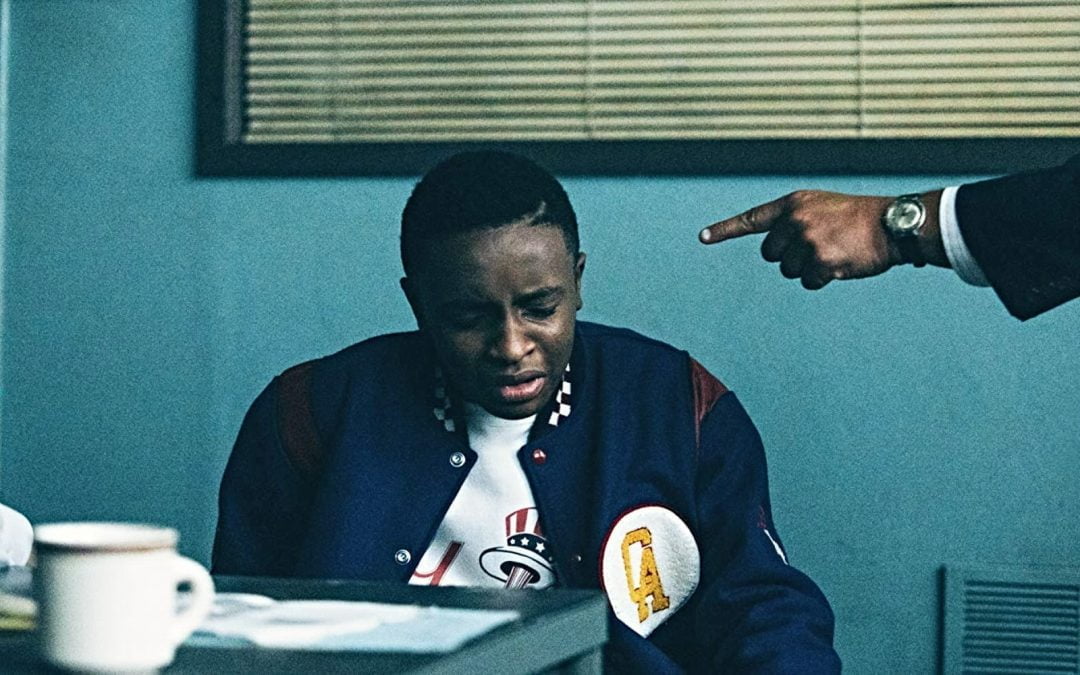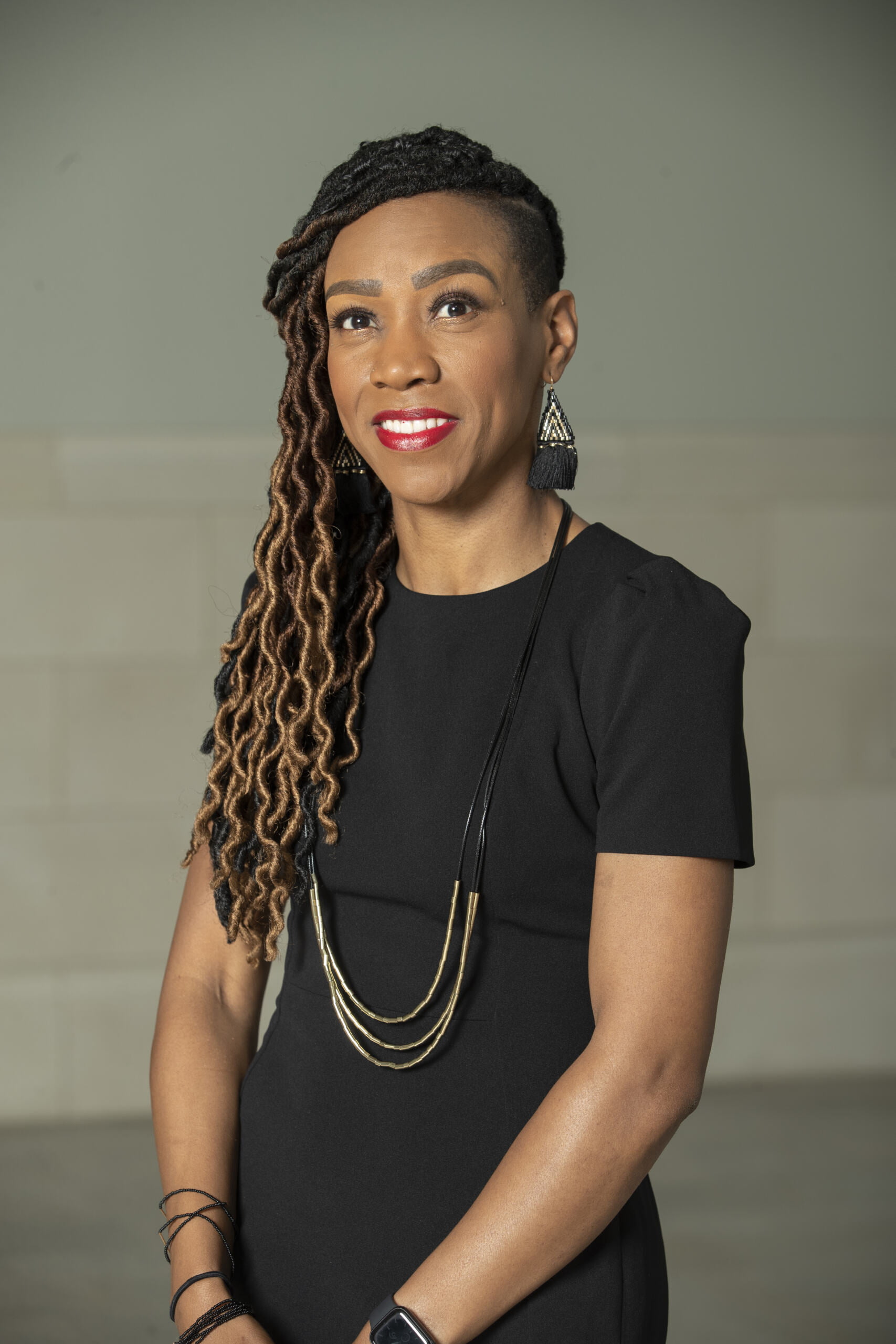Ava Marie DuVernay’s miniseries, “When They See Us,” is a powerful film.
It tells the story of four African American boys and one Latin American boy falsely accused and mislabeled “The Central Park 5” after a female European American jogger, Trisha Meili, is viciously attacked and raped in April 1989.
With contrived confessions but no DNA evidence to link the boys to the crime, they were found guilty and sentenced to between seven and almost 14 years in prison.
They would later be exonerated when the actual rapist came forward, Matias Reyes (Central Park 1), confessed to the crime, providing details that only the perpetrator would know and had the DNA to match.
Still, those young boys were put into a criminal justice system that forever changed not only their lives but the lives of their family members. They received no apology and no explanation.
They are owed both and, not surprisingly, those who should apologize include Donald Trump, who took out a full-page ad in a number of newspapers asking that the death penalty be reinstated and that these children – Raymond Santana, 14; Kevin Richardson, 14; Antron McCray, 15; Yusef Salaam, 15; and Kharey Wise, 16 – be executed.
We don’t have time to act surprised. Lives are at stake, and hands that cover our faces in dismay are needed in voting booths, raised in solidarity and clearly visible for all to see.
We must link arms together on country roads and city streets and march to the drum major for justice’s beat, with hands folded in intercessory prayer to God. Because it’s going to take a miracle for change to come.
We’ve got to learn a new tongue because there is a need to rename and reclaim our stories. We must be our own narrators. Because we have heard this story of injustice before.
“The Exonerated Five,” as they are rightly called in an Oprah interview, were not guilty of the awful crime committed that day and deserve a new narrative, which begins with a new name.
We have to start telling their story and in turn, our story, differently. They were and are innocent. But they were not the first innocent men proven guilty in a U.S. court of law and they will not be the last.
Kalief Browder,16, was held at Riker’s Island for three years without a trial. After his release, he would commit suicide. So many unnamed preceded him, and many more will come after him.
Emmett Till was 14 years old when he was executed by a mob after being accused of “whistling at a white woman.”
In 1931, the Scottsboro Boys, as they would come to be known, were accused of raping two “white women” on a freight train. Their ages ranged from 13 to 20 years old. For fear of lynch mobs, they had to be guarded by the state militia. Same old story.
A few weeks ago, I visited the Equal Justice Initiative’s museum, where the founder, Bryan Stevenson, set out to tell the African American story from slavery to mass incarceration, as well as the National Memorial for Peace and Justice in Montgomery, Alabama.
The first of its kind, the memorial says the names of thousands of women, men and children who were lynched in the 19th and 20th centuries.
On the website, they keep a calendar of the injustices suffered by African American people. The post for the day I visited read: “On this day, June 18, 2015, White Man Arrested for Racial Attack Killing Nine in Charleston Church.”
After touring these venues, I saw the movie, “Emanuel,” playing in select theaters for two days only and said their names again: Clementa C. Pinckney, 41; Cynthia Marie Graham Hurd, 54; Susie Jackson, 87; Ethel Lee Lance, 70; Depayne Middleton-Doctor, 49; Tywanza Sanders, 26; Daniel L. Simmons, 74; Sharonda Coleman-Singleton, 45; and Myra Thompson, 59.
Like DuVernay and “Emanuel’s” movie producers – Stephen Curry, Viola Davis, Mariska Hargitay and Mike Wildt – we must not lose track of the truth. We’ve got to tell their stories, no matter how numerous.
Because maybe we’ll get tired of days marked by injustice and become sickened by the number of lives lost tragically and say, “Enough.” Because it’s easier to forget and tempting to lose count.
Editor’s note: A version of this article first appeared on Thomas’ blog, Raceless Gospel. It is used with permission.
Director of The Raceless Gospel Initiative, an associate editor, host of the Good Faith Media podcast, “The Raceless Gospel” and author of Take Me to the Water: The Raceless Gospel as Baptismal Pedagogy for a Desegregated Church.


